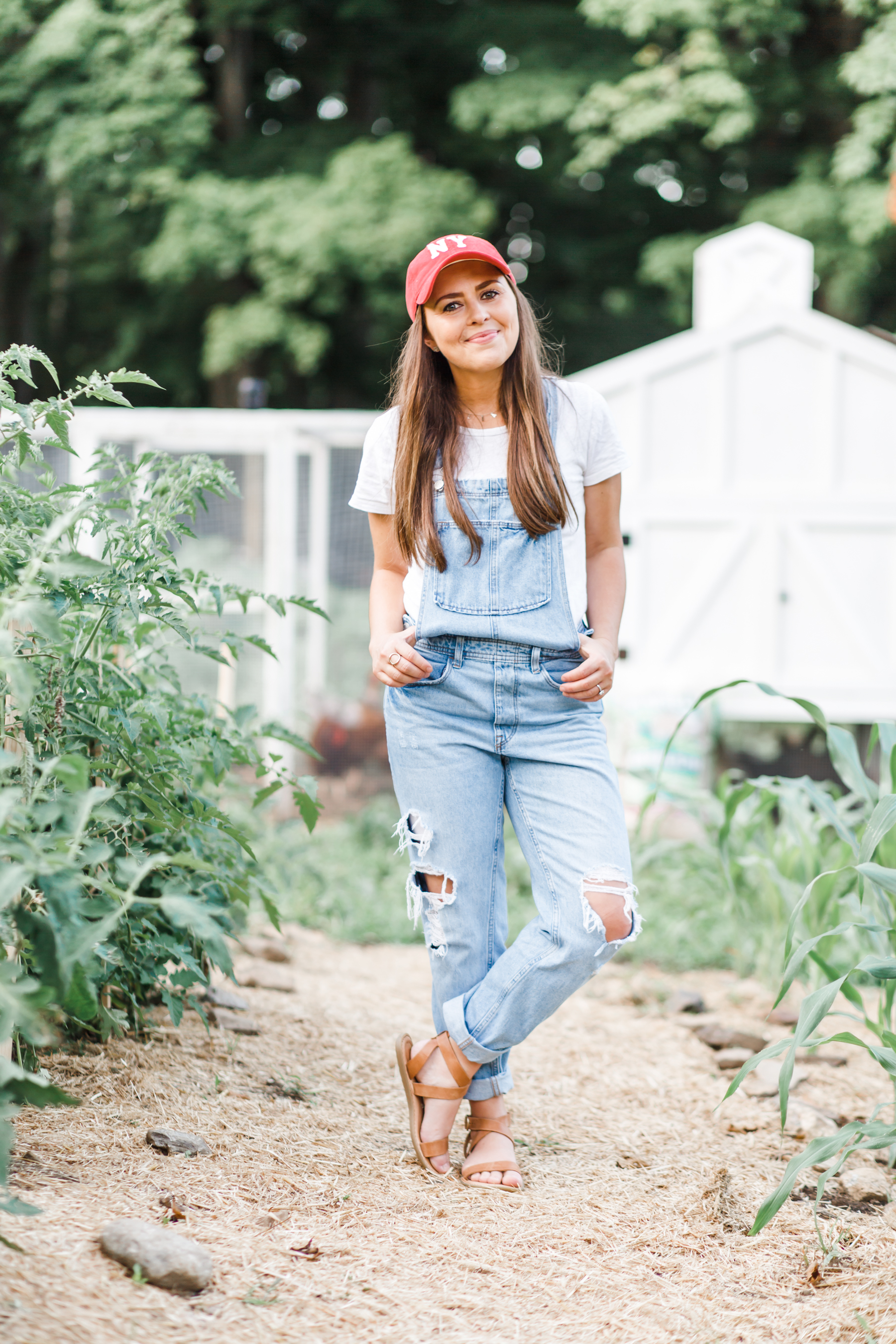
similar overalls here and here. t-shirt. sandals. similar hat.
I’ve been dreaming of having a big flourishing garden for probably the last 7 years. But last year was the first time I ever grew one. Even once we moved onto our little farm it still took me until the 3rd summer to try it out. Why did it take me so long? One simple word: intimidation.
I didn’t know anything about gardening and there was so much information, so many things I felt like I needed to know/do before I could really grow my own garden, that I would keep getting stalled up in the prep phase.
Then last year, I made a decision. I was just going to try it and learn as I go. I wasn’t going to try to do everything perfect, I was just going to get started and figure it out as I went. And you know what? IT WORKED!
I didn’t know what I was doing and with a few hundred square feet of dirt I still managed to grow dozens of vegetables and hundreds and hundreds of flowers. Proof, that you can figure out how to do anything as long as you get started and keep learning.
I don’t think we give enough credit to incremental growth and learning as we go, and it’s a real shame, because I am learning more and more that, that is exactly where all the magic happens. Where we really metamorphis into something more.
I think the secret of life is really just trying a little harder to do a little better each day.
And in that spirit I want to share 7 simple tips for getting started with a garden, in case you, like me have been sitting on the intimidation fence.
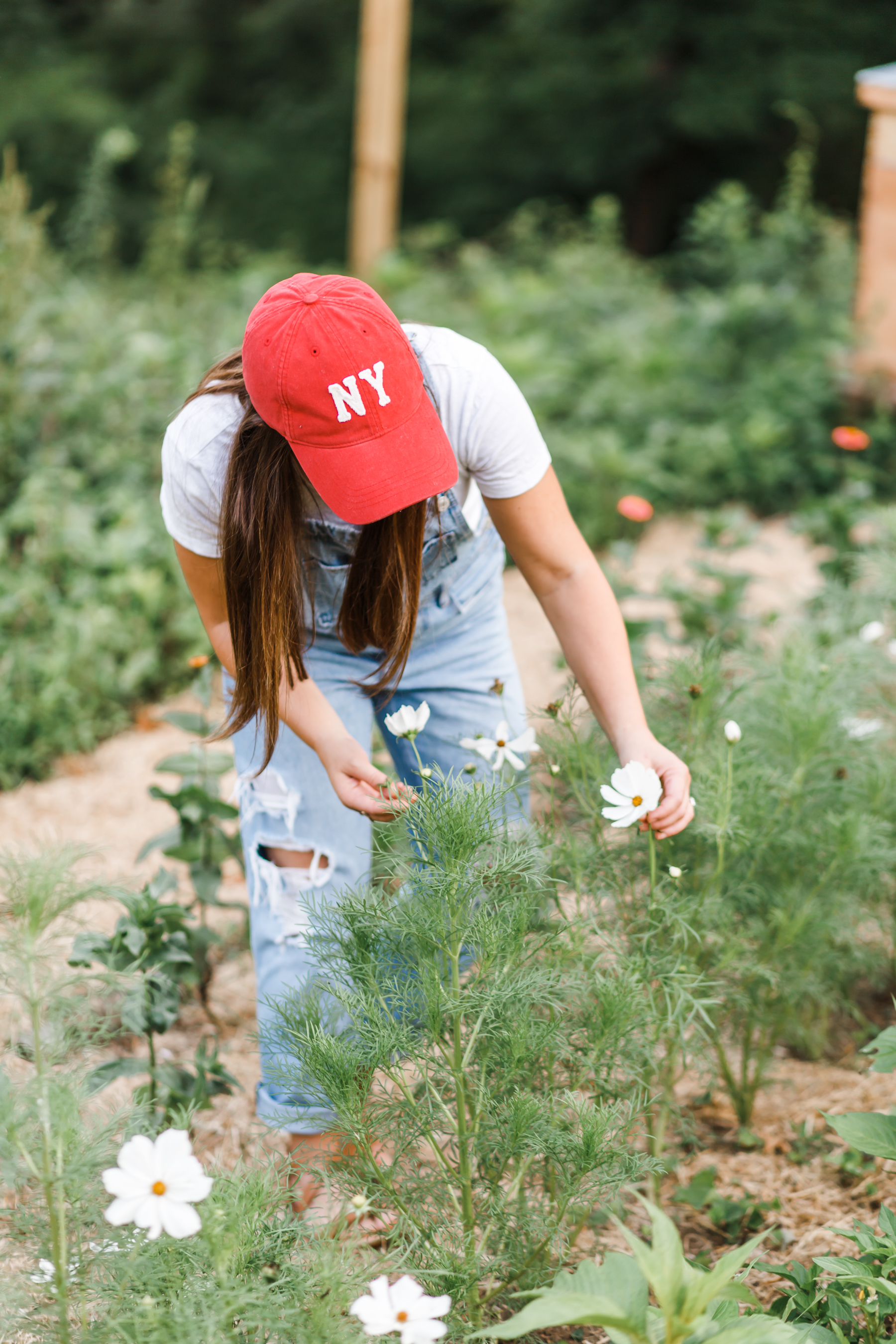
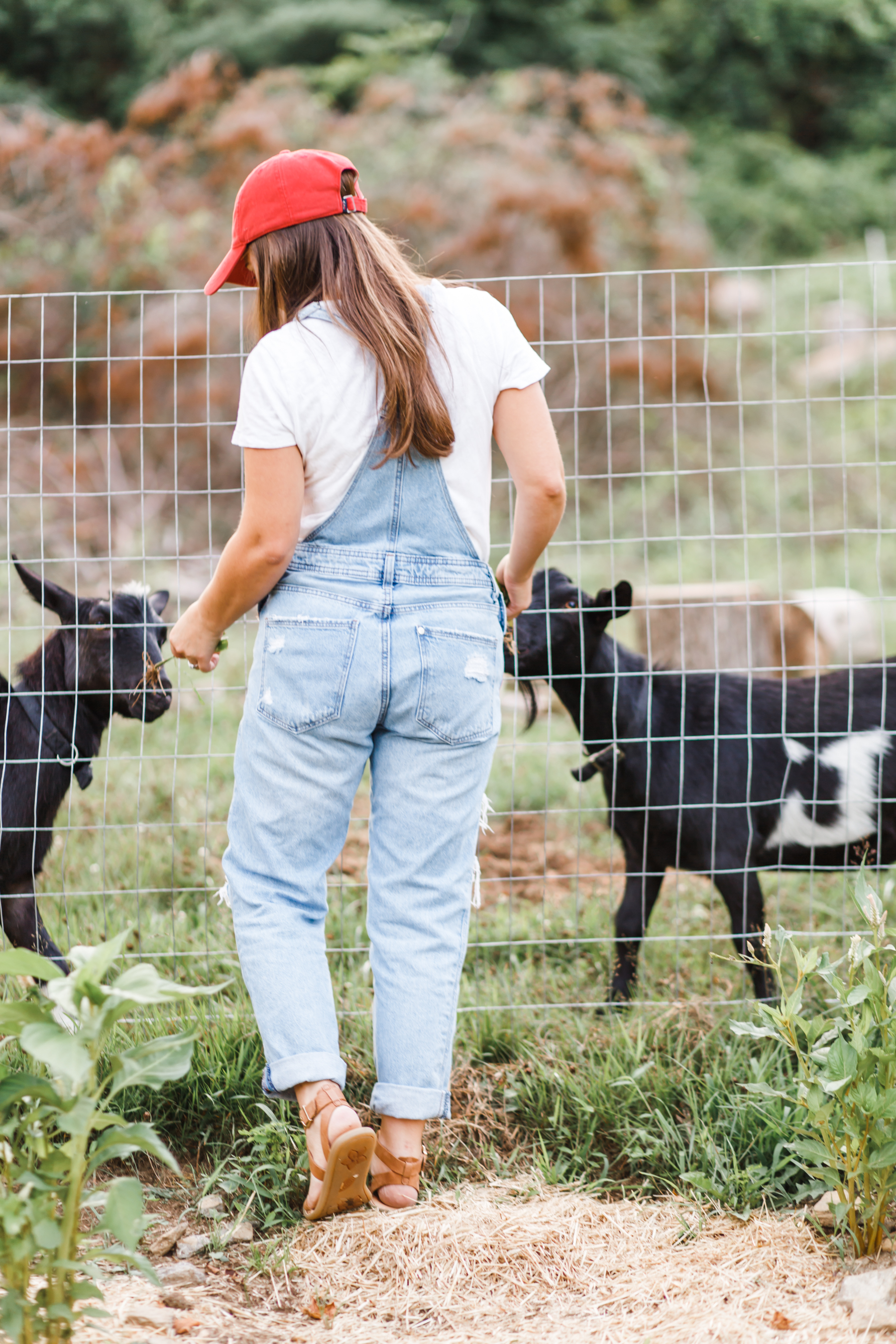
Just start.
It sounds simple, I know, but how many of us stall out on anything in life because we are unsure and/or intimidated. If you want to grow a garden, just start. Get started, get your dirt cleared, put some seeds in the ground. You will start learning/ figuring it out almost immediately.
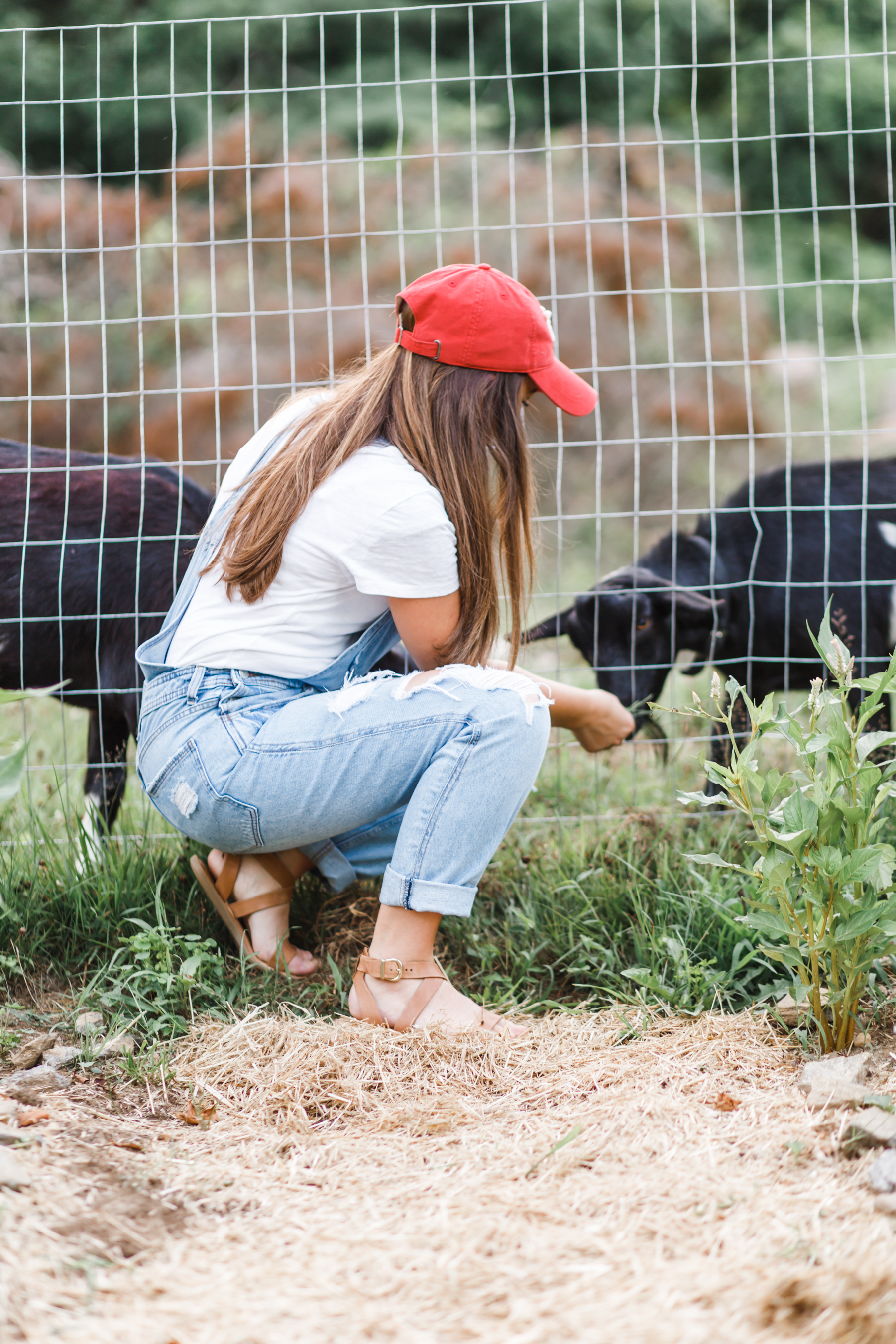
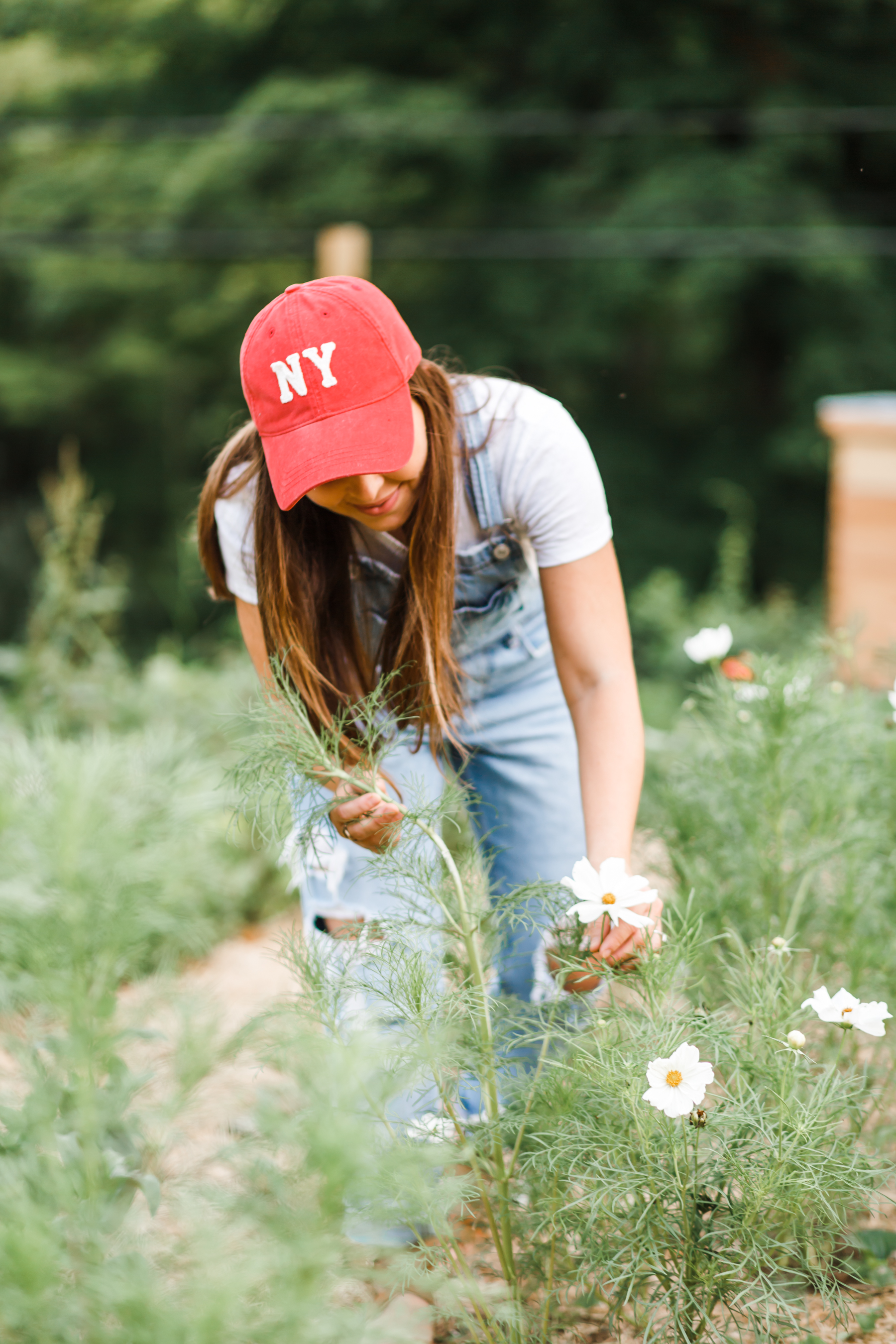
Don’t overcomplicate it.
There are a million gardening books/blogs out there and lots of valuable tips and information. But if you try to implement all that stuff right at the beginning you are going to get totally overwhelmed and give up. Don’t overcomplicate it. You know what you need to grow a garden? You need dirt, and seeds, sun and water. Period. Will you grow the most magnificent garden in the world your first season keeping it simple? Probably not. But I guarantee if you put seeds in the ground and keep them watered, you’ll grow something. Which leads me to…
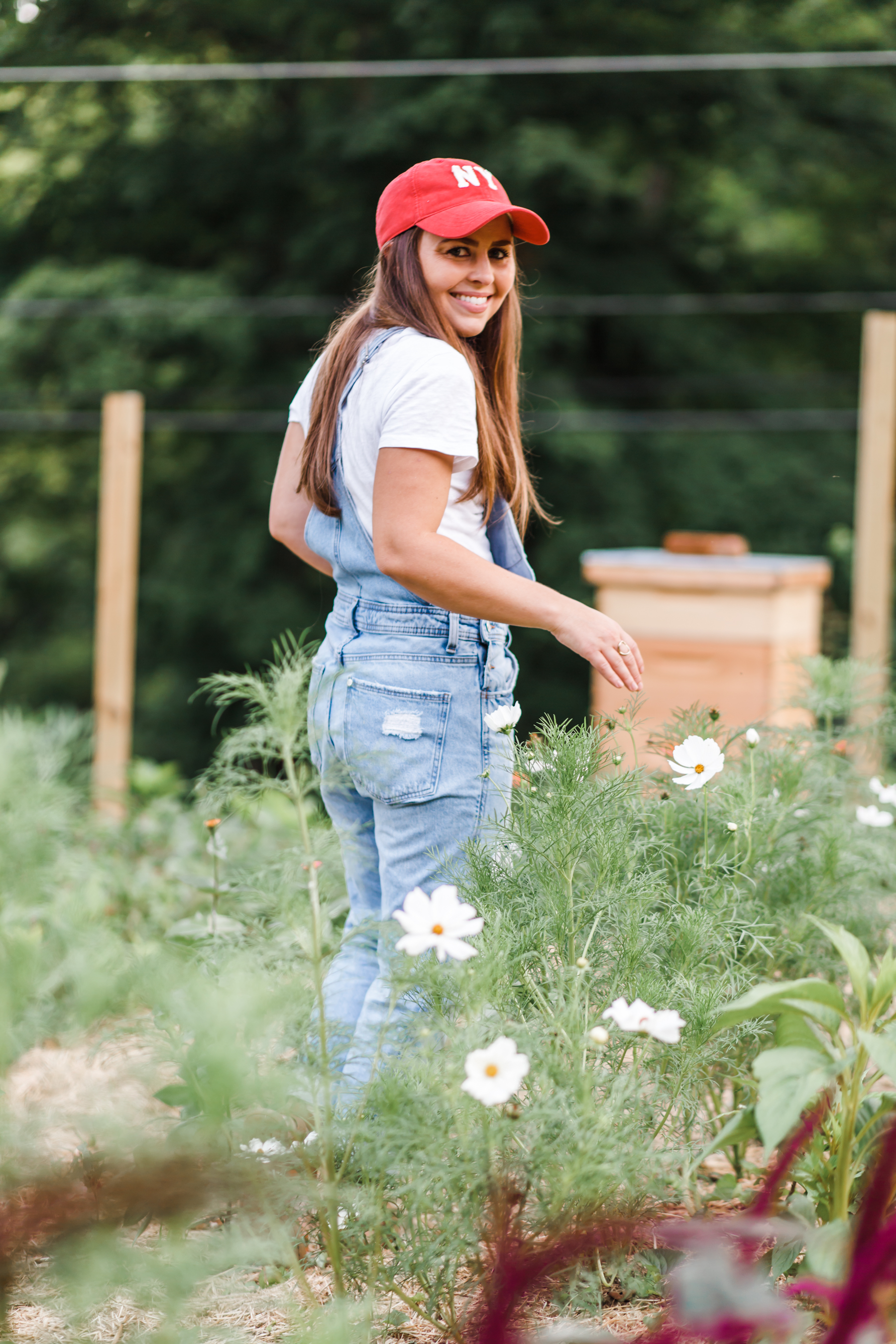
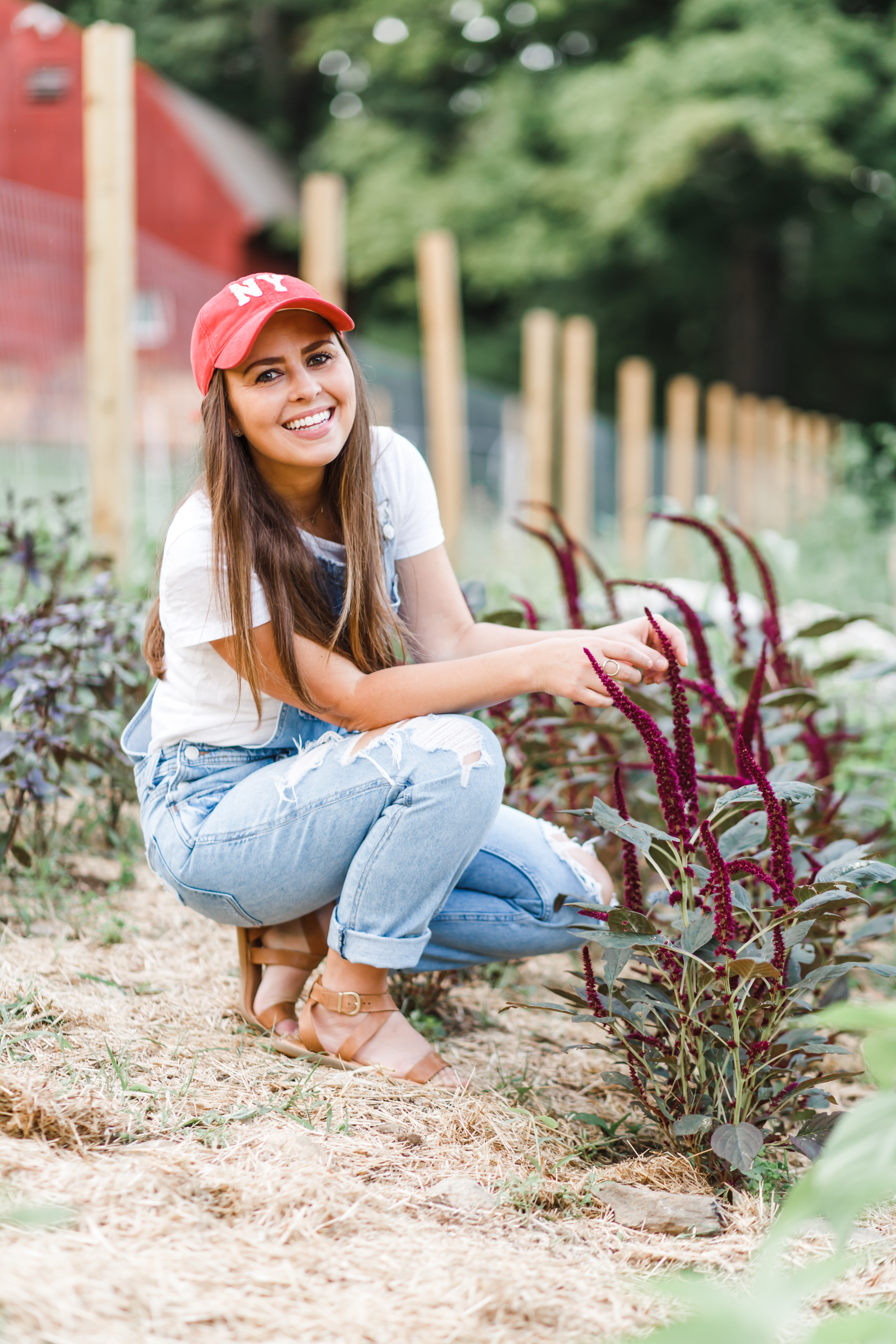
Learn as you grow.
When I finally got out of my own way and got started last year, my motto was, “learn as I go.” By telling myself that I was just trying to grow something and that I would “learn as I go” it gave me permission to let go of that impulse to have everything perfect. Then, when I encountered problems, there was room to figure out what needed to be done. If you go into it with a growth mindset, you will be amazed how fast you can improve as a gardener. (Seriously I used to be Suzy black thumb.)
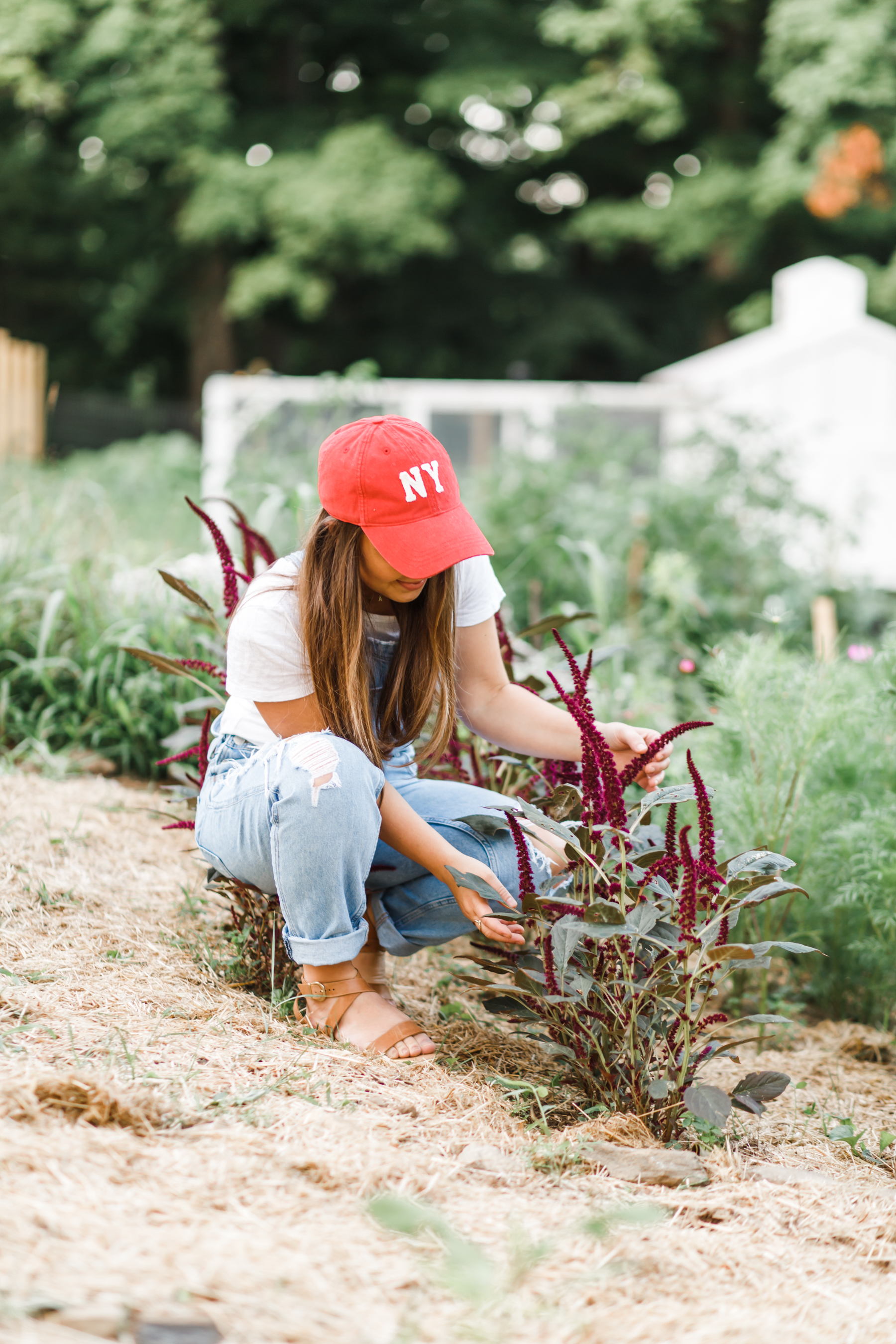
Follow master gardeners.
Once you get over the hump of getting started and you are fulling in the “learn as you go” mindset, now is the time to surround yourself/feed/bookshelf with the older, wiser gardeners. You will learn so much from these people. (And you don’t need to get overwhelmed and do everything at one.) But you will learn so many helpful things from them, how to deal with different problems and your garden will get better and better. If you want to be a great gardener, learn from the masters. My favorites are Christine Covino and Floret farms.
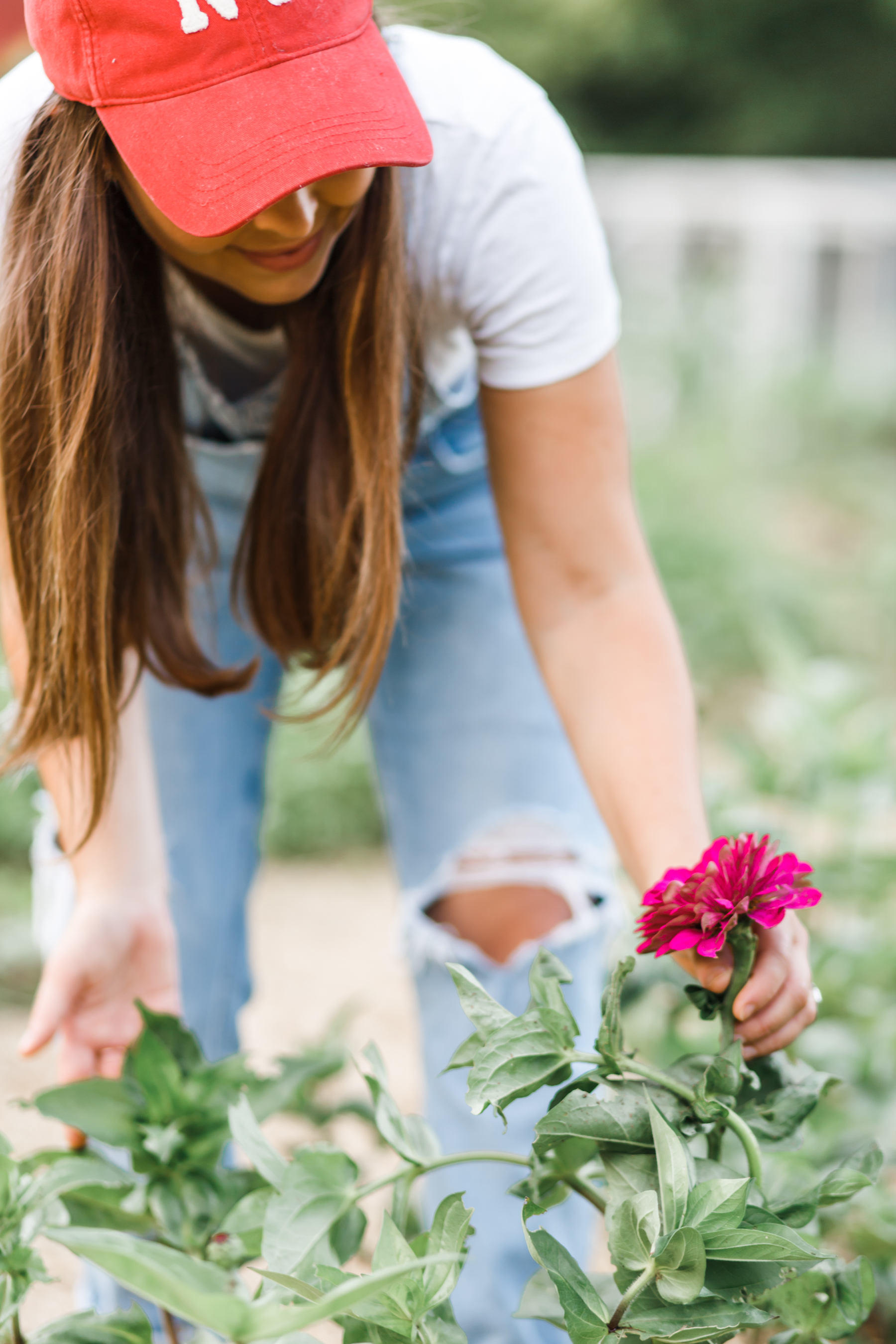
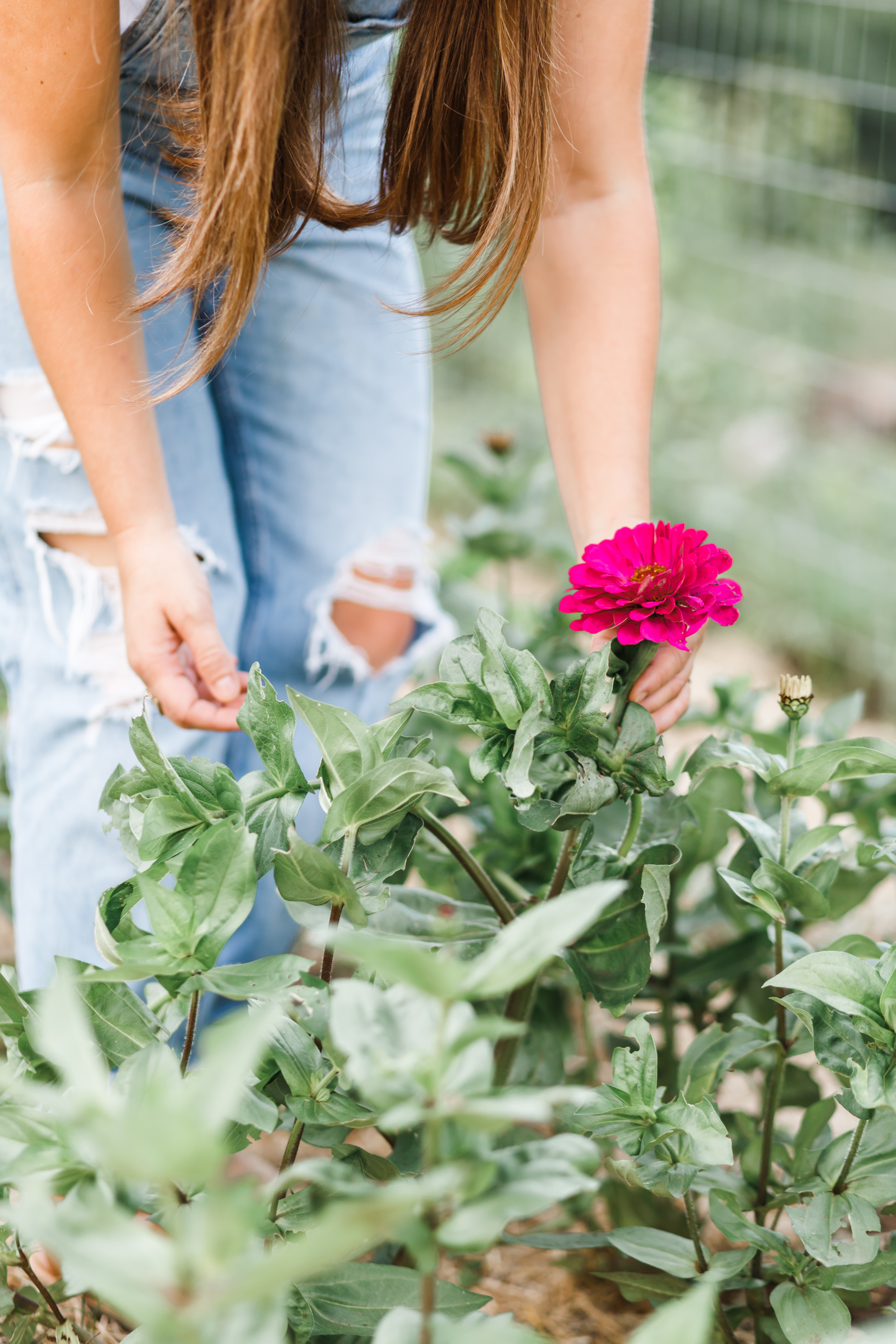
Spend time in your garden everyday.
Gardening is not a once a week hobby. If you want it to thrive you’ve got to spend time working in it everyday. The good news is, if you actually do work on it everyday, you don’t have to do to much or spend to long and you’ll never really get overwhelmed. I could spend 4 hours working in my garden every day and be perfectly happy, but I have found by just spending 30 minutes to an hour in it every morning, I can stay on top of everything that needs to be done and not get overwhelmed. Even with a 4,000 square foot garden.
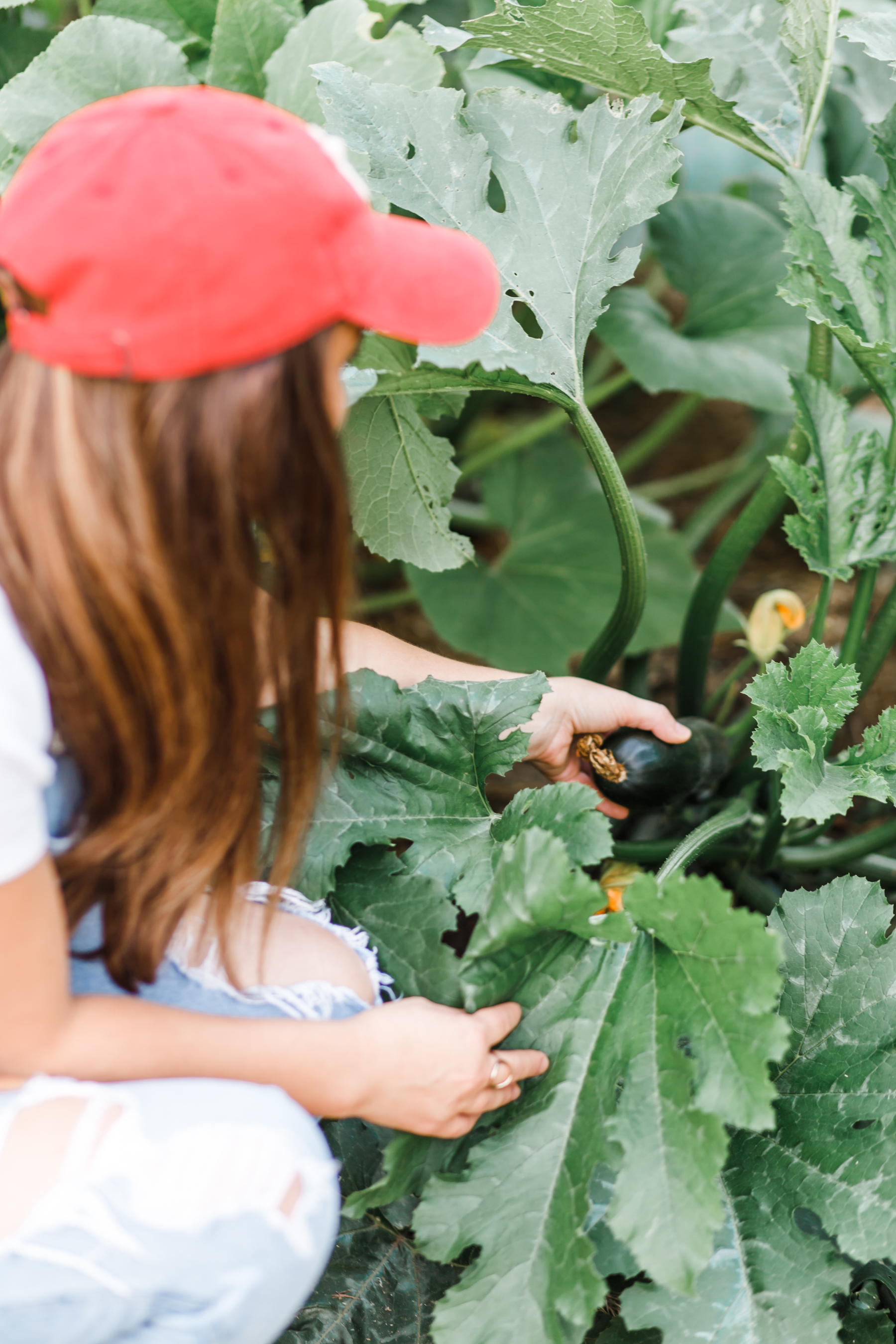
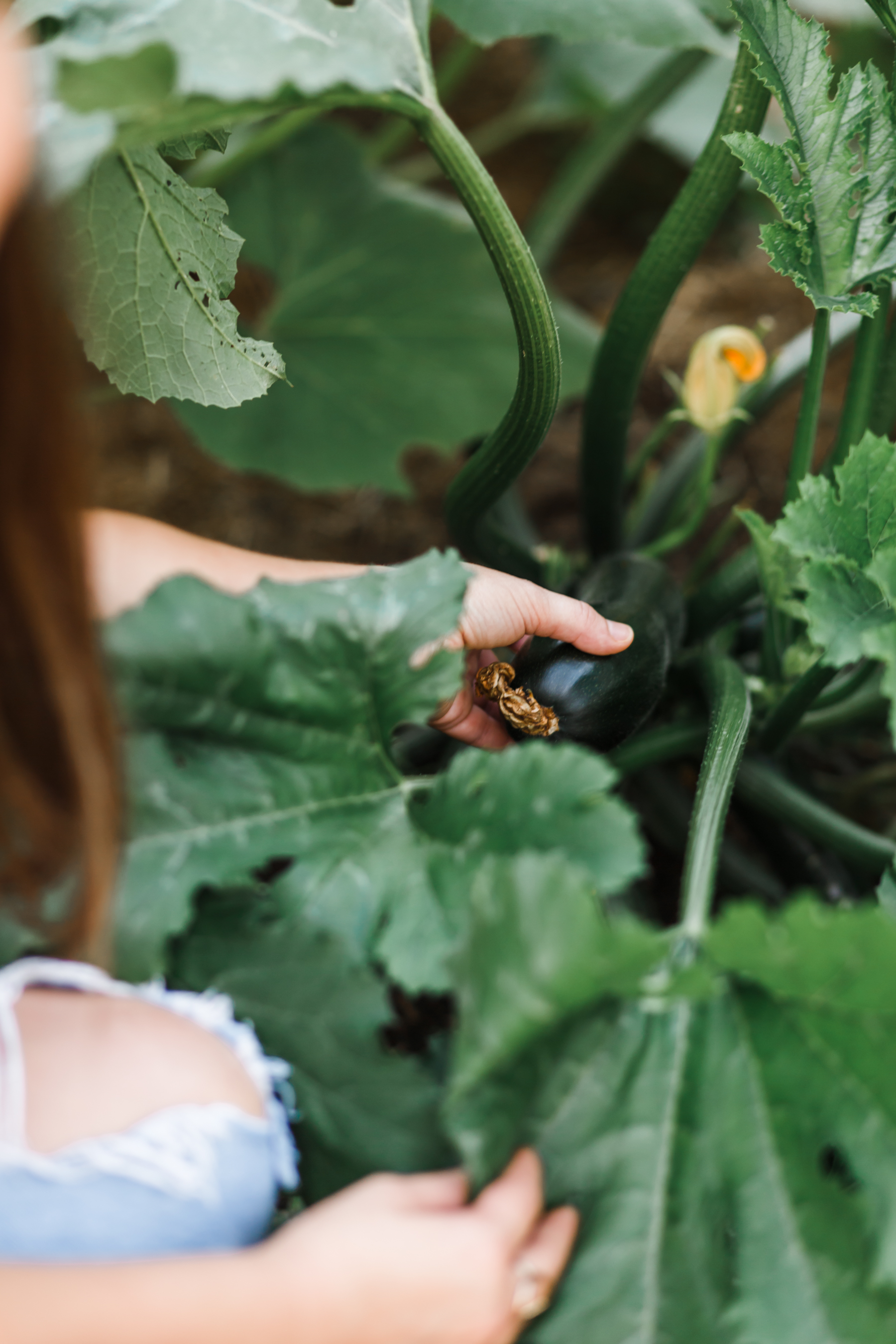
Follow the instructions on the seed packets.
The instructions on the back of the seed packets are GOLD. They literally tell you everything you need to know, from when and how to plant, to how far apart your plants should be, and how much sun they need. Follow the instructions on the back of the packets and your plants will thrive. And when it says your squash plants need 3-6 feet of space, believe it.
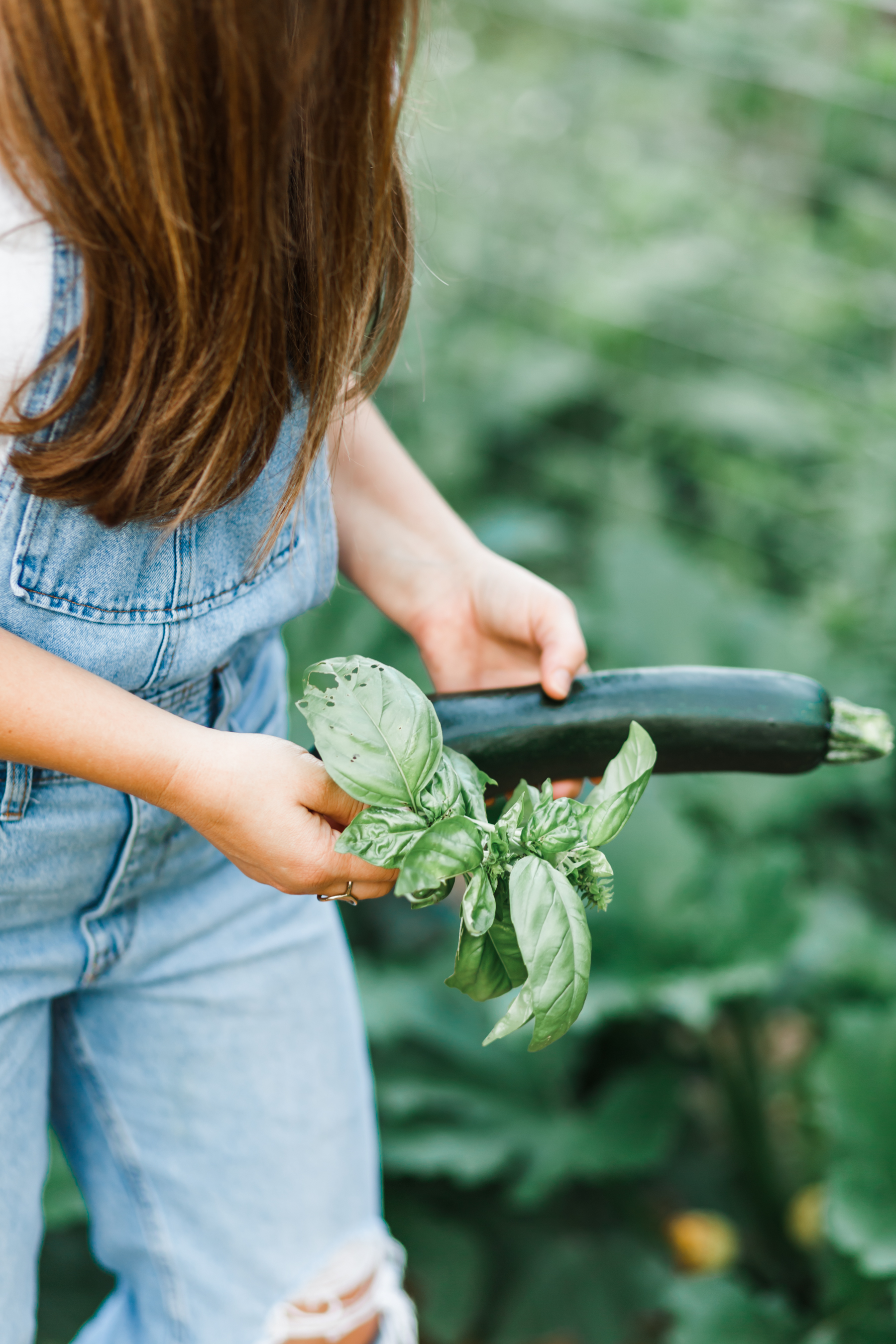
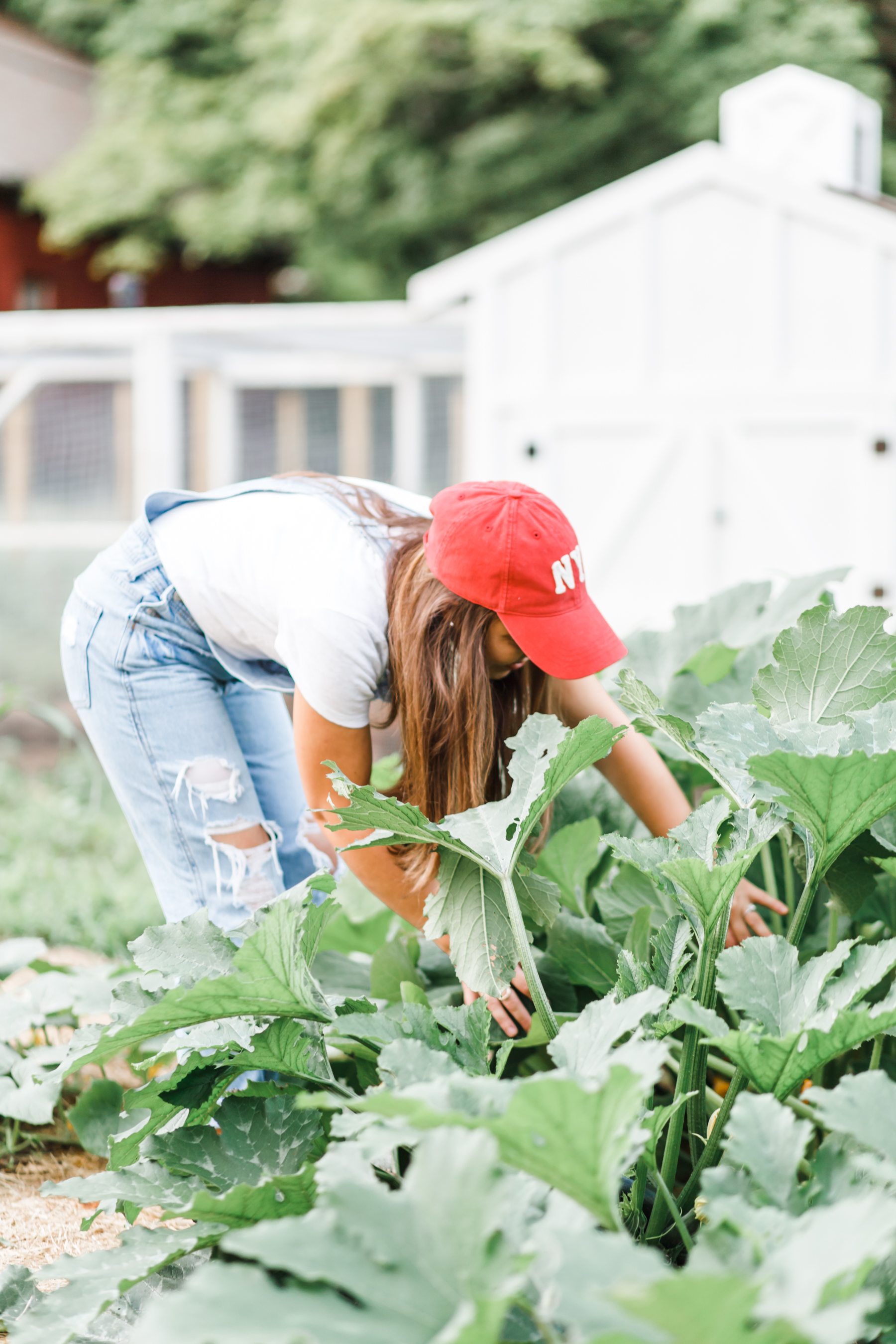
Mulch.
Weed control is one of the most overwhelming parts of having a garden, especially if you are growing an organic garden free of pesticides and weed killer (which I am). Mulch is your friend! I didn’t mulch last year and those weeds (especially in New England where its hot and wet) were intense. Mulch is a ground covering that helps with weed control. There are lots of different kinds, but for a garden my size, the easiest and most economical option is hay. I buy hay from my local hardware/feed store and its a special kind thats been baked to remove all weed seeds. It’s already made such a huge difference with preventing weeds.
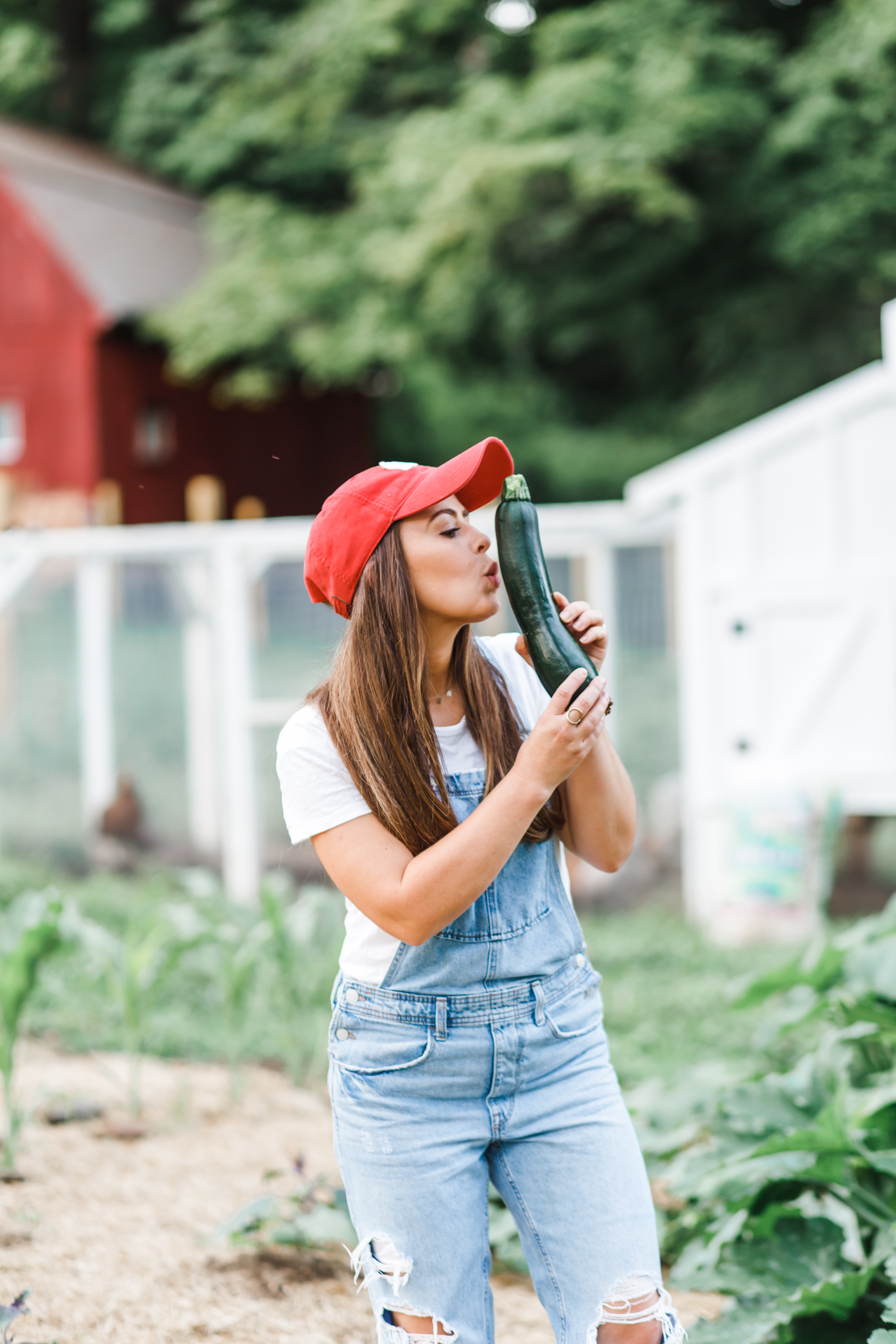
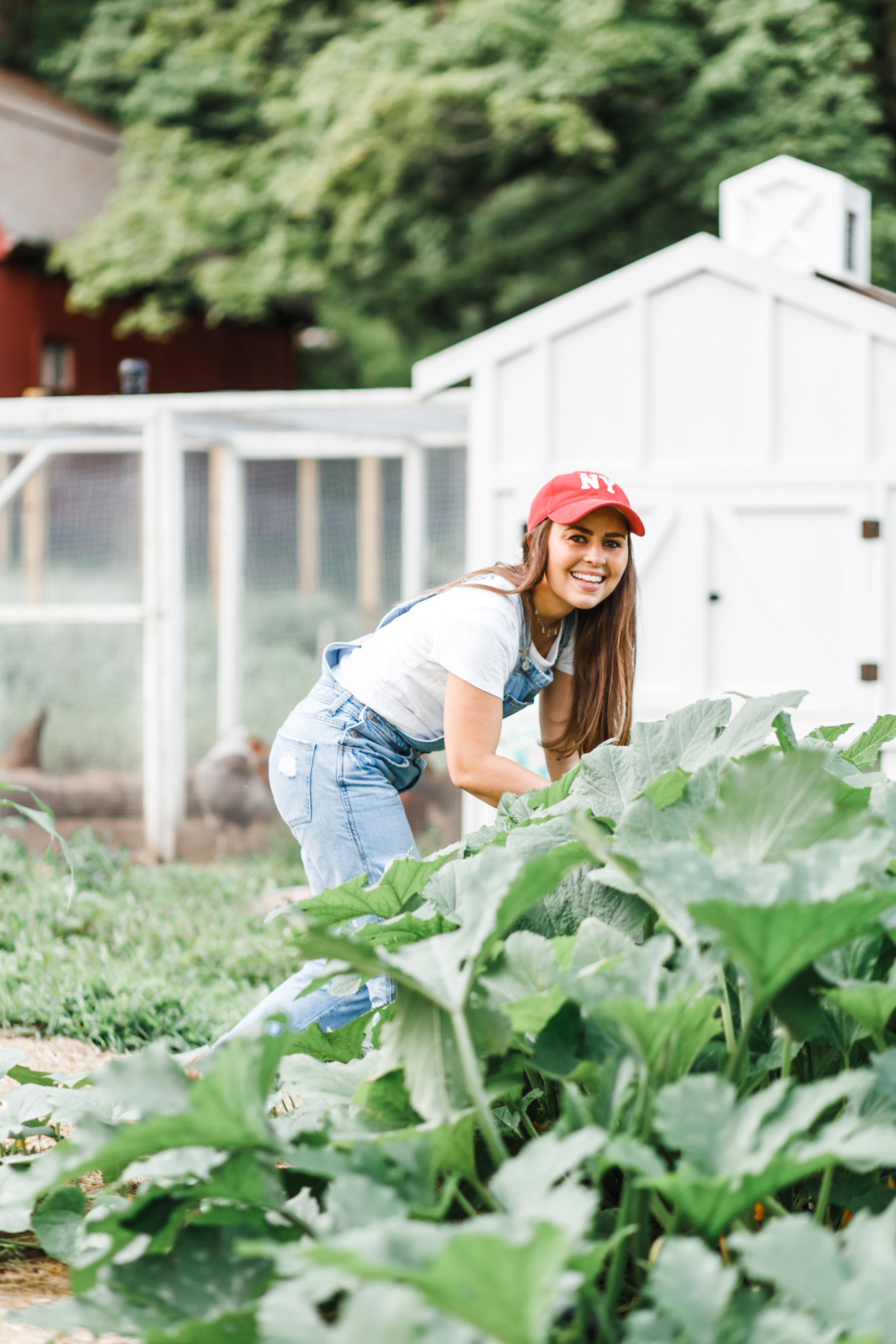
There you have it! Some simple tips for getting started with a garden.
If you want more garden tips? Read these posts:
What I planted in my cut flower garden this year and where I buy my seeds.
How to Harden off your seedlings before transplanting them.
books I found helpful:
Floret farms cut flower garden book.
How to grow more vegetables book.
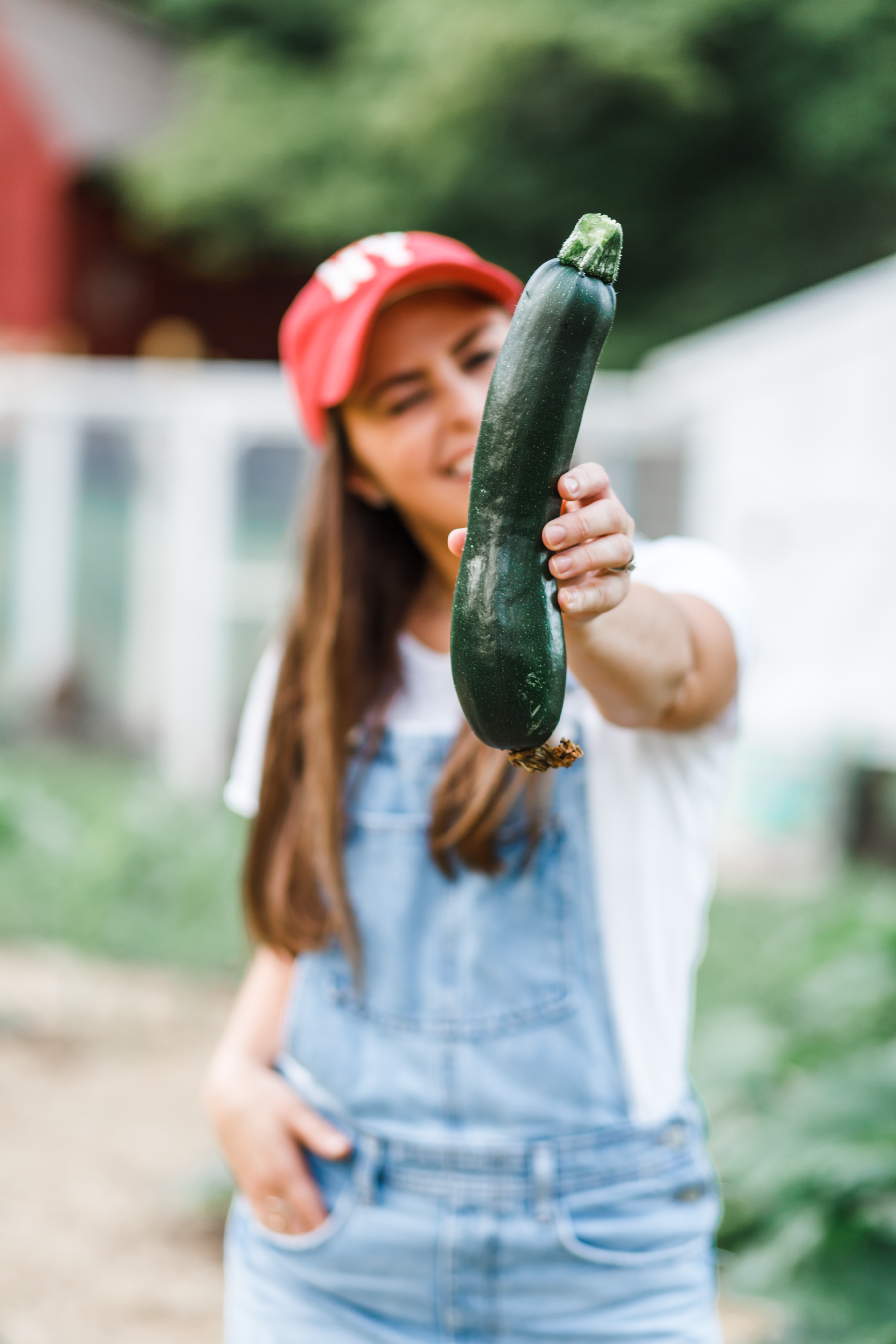
Overalls are my go-to for garden days, and Hunter boots for the days when it’s extra muddy.





Great tips! I’ve been gardening (flowers) for years, and I’m always learning, moving things around, redesigning. A garden is never finished! Would love to see pics of your flower gardens!